A treatment center is a facility where individuals can receive professional help and support for various issues such as addiction, mental health disorders, or behavioral problems. In these centers, individuals can expect to participate in therapy sessions, group counseling, educational workshops, recreational activities, and other programs tailored to their specific needs. Treatment centers provide a safe and structured environment for individuals to focus on their recovery and overall well-being. There are various types of therapy as well as addiction and mental health resources available when you work with a professional treatment facility.
A center like those operated by Aliya Health Group will fully prepare you for treatment, including what to expect from therapy and which treatment path is right for you. If you think you need a rehab program, we’re here to help.
Treatment centers help people with substance abuse issues focus on recovery. They do this by using special medications and therapies, having staff on hand to provide professional support, and being located in quiet places, away from distractions or temptations.
In addition to addressing addiction, mental health disorders, and behavioral issues, treatment centers also help individuals develop coping strategies, improve communication skills, and enhance problem-solving abilities. They offer a range of therapeutic interventions and evidence-based practices to promote personal growth and recovery. Treatment centers are crucial in providing a supportive community where individuals can share experiences, build connections, and work towards sustainable changes in their lives. With professional help, anyone can turn their life around and live free from the confines of drug and alcohol abuse.

Substance abuse and mental health treatment centers play a pivotal role in the journey toward recovery for individuals grappling with addiction, mental health disorders, or a combination of both. These centers provide a supportive environment where healing can begin, away from the triggers and stressors of everyday life. Utilizing a multidisciplinary approach, they offer an array of services tailored to meet the unique needs of each individual.
Treatment often begins with a comprehensive assessment to determine the specific issues and challenges faced by the client. This evaluation informs the creation of a personalized treatment plan that may include medical detoxification to manage withdrawal symptoms safely, individual therapy to explore underlying causes of substance use and mental health issues, group therapy to foster community support, and medication management when necessary.
Substance Use Disorders (SUDs) are complex conditions characterized by the uncontrolled use of substances despite harmful consequences. Individuals with SUD have an intense focus on using a certain substance(s), such as alcohol, tobacco, or illicit drugs, to the point where it takes over their lives. These disorders can cause significant impairments in health, social function, and control over substance use.
SUDs are officially diagnosed based on a set of criteria that include the inability to control use, continued use despite harm, and craving the substance. The severity of a SUD can range from mild to severe, depending on the number of diagnostic criteria met.
Here are some common Substance Use Disorders:
Each of these disorders affects the brain’s wiring and is characterized by an inability to stop using the substance despite various attempts to do so. Treatment often requires a combination of medical, therapeutic, and support group interventions to help individuals manage their disorder and recover.
Mental health disorders, also known as mental illnesses, are conditions that affect a person’s thinking, feelings, behavior, or mood. These disorders can impact someone’s ability to relate to others and function each day. The exact cause of mental health disorders is often a combination of biological, environmental, and psychological factors. Mental health disorders can range in impact from mild to severe, and individuals may experience varying degrees of symptoms that can fluctuate over time.
Treatment for mental health disorders can include therapy, medication, support groups, or a combination of these. Early intervention and treatment are often key to improving outcomes.
Here are some common mental health disorders:
It’s important to note that mental health disorders are treatable, and many individuals can live full and productive lives with proper treatment and support. Mental health awareness and reducing stigma are vital parts of encouraging those affected to seek help.
Individuals who start treatment with us can expect an approach that is considered equal parts holistic and evidence-based. The idea is to treat the whole person with a tailored approach that considers their specific needs. Emphasis is placed on using medication to provide immediate relief, therapy to address root causes, and generally fostering resilience, self-awareness, and positive lifestyle changes to support ongoing sobriety and mental wellness.
Our admissions process follows an initial assessment to determine your needs and goals. This evaluation helps tailor a personalized treatment plan that may include a combination of therapy, counseling, and other interventions. Admissions staff will work closely with you to ensure a smooth transition into your tailored program, providing necessary support throughout the treatment journey. Clear communication and collaboration are key components of the admissions process to ensure a successful start to treatment.
After entering treatment, recovery can be a difficult but rewarding journey. It is important to remember that everyone’s experience with recovery is unique and there is no one-size-fits-all approach.
In general, there are five levels of care offered for treatment which include:
Depending on what your treatment needs are, there are different options available to help you along the way. Some people may choose to attend therapy sessions, either individually or in a group setting, while others may opt for support groups and peer counseling.
At our treatment center, detoxification is the first step towards recovery, providing a medically supervised environment for individuals to safely eliminate substances from their bodies while managing withdrawal symptoms. Our personalized approach includes a comprehensive assessment, tailored medical support to alleviate symptoms, and emotional support to navigate the challenges of detox. This process not only addresses the physical dependence on substances but also prepares individuals for the next stages of their recovery journey, emphasizing safety, comfort, and a supportive path toward a healthier, sober life.
In our treatment center, residential treatment offers a structured, immersive environment for individuals to focus on their recovery away from the distractions and triggers of everyday life. This program provides around-the-clock care, incorporating individual and group therapy, educational sessions, and wellness activities to support physical, mental, and emotional healing. Residents live on-site, allowing them to fully engage in their recovery journey with constant access to professional support and a community of peers facing similar challenges. Our approach is holistic, addressing the root causes of addiction and equipping individuals with the tools they need for long-term sobriety.
Outpatient treatment at our center offers flexibility for individuals seeking recovery while maintaining their daily responsibilities, such as work or family commitments. This program includes scheduled therapy sessions, support groups, and educational workshops that focus on addiction recovery, coping strategies, and relapse prevention. Participants receive professional guidance and peer support while applying the skills they learn in real-world settings, allowing for a gradual transition to independent living. Our outpatient services are tailored to meet the unique needs of each individual, supporting their journey to recovery with the right balance of structure and independence.
Aftercare and sober living are key components of the continuum of care at our treatment center, designed to support individuals as they transition from intensive treatment to independent living. Aftercare provides ongoing support through counseling, group therapy, and access to community resources, helping individuals navigate the challenges of sobriety in everyday life. Sober living offers a structured, substance-free environment for those who are not yet ready to return to their previous living situation, promoting accountability, responsibility, and peer support. Both programs aim to reinforce the coping strategies and healthy habits developed during treatment, ensuring a solid foundation for long-term recovery and a successful, sober lifestyle.
We utilize a variety of therapies to support your recovery journey. These may include cognitive-behavioral therapy (CBT), dialectical behavior therapy (DBT), motivational interviewing, art therapy, and mindfulness techniques. Therapies are chosen based on each individual’s needs and preferences to promote healing and personal growth.
By combining different therapeutic approaches, treatment centers strive to empower individuals to develop healthier coping mechanisms, improve emotional regulation, and enhance their overall well-being throughout the recovery process.
The following are the evidence-based treatments we support:
Here are the holistic therapies we offer:
When it comes to dual diagnosis treatment, we focus on addressing both mental health and substance use disorders simultaneously. This integrated approach ensures that individuals receive comprehensive care that targets all aspects of their well-being. By combining evidence-based therapies and holistic approaches, we strive to provide well-rounded treatment that supports individuals in achieving long-term recovery and mental wellness. Dual diagnosis treatment emphasizes the importance of addressing both mental health and substance use issues to promote lasting positive outcomes.
Highlights of our dual diagnosis program include:
Studies have shown that integrated treatment combined with early identification has the potential to enhance recovery results and improve the quality of life for individuals experiencing co-occurring disorders.
Some of the main benefits of receiving dual diagnosis treatment include, increased successful recovery rates for both conditions, fewer hospitalizations, reduced medication interactions, improved housing stability, fewer arrests, and improved overall well-being for those who have completed treatment.
Before entering treatment for co-occurring substance abuse and mental illness, most people have a long list of questions about what it’s like to get help. To help you gain a better understanding of what to expect during treatment, we have compiled a list of our most frequently asked questions.
The length of treatment varies depending on individual needs and the type of program, ranging from a few weeks for some outpatient programs to several months for residential treatment.
You should bring essentials such as clothing, personal hygiene items, and any prescribed medications. It’s important to check with the treatment center for a specific list of allowed and prohibited items.
No, treatment is highly personalized. While certain therapies and programs may be common, the specific combination and approach are tailored to meet each individual’s unique needs and circumstances.
Yes, treatment is safe. Reputable treatment centers provide medically supervised detox and therapy in a controlled, supportive environment to manage withdrawal symptoms and address mental health safely.
If you or your loved one are looking for help for addiction, Aliya Health Group offers a full continuum of care to support you. We provide various treatment options, including inpatient, outpatient, and intensive outpatient programs, along with cognitive behavioral therapy, group therapy, and individual therapy as necessary. Working closely with our addiction experts, you’ll be able to determine the treatment program that’s right for you.
We accept most major health insurance providers on both a national and local level. We currently work with the following insurance plans:







Our rehab centers do accept most major insurance providers. Your plan may cover all or part of treatment. There are also other different payment options for rehab depending on your circumstances. For instance, rehab payment plans are often available for those who need financial assistance. Likewise, there are state-funded rehabs and free rehabs located across the nation, and most inpatient treatment facilities accept private payments.
Our admissions team is happy to discuss this option with you and create an estimate of costs based on your treatment plan. Please call us now at 888-973-2078 to learn more about your payment options for rehab.
You can find further assistance by accessing some or all of the following addiction treatment and recovery resources:
“I highly recommend this facility for anyone needing treatment. The staff isn’t just nice and genuine there but instead one big family. Whether it’s the owner, housing manager, or a bht you get the best down to earth genuine care. The material they teach in group is very helpful also.”
Aliya Health Group understands the importance of accessible, quality care which is why we strive to provide it to everyone, no matter where they live. As such, we have rehab facilities spread across the United States. If you or a loved one is seeking help with substance abuse, we encourage you to reach out to any of our addiction treatment center locations in Arizona, California, Colorado, Illinois, Nevada, New Jersey, and Washington State.
Situated in cities across the United States, Aliya Health Group offers comprehensive substance abuse treatment to help clients begin their journey to long-lasting recovery.
Our treatment center locations include:

4122 North 17th Street
Phoenix, AZ 85016
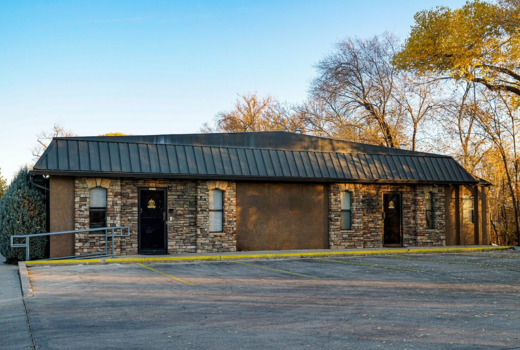
831 Gail Gardner Way
Prescott, AZ 86301
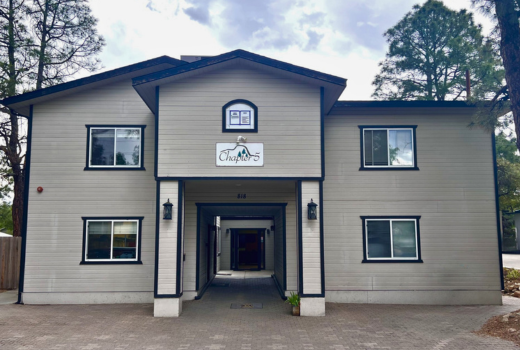
818 W Gurley Street
Prescott, AZ 86305
Residential Treatment, IOP, OP, Sober Living | Male Only Programming
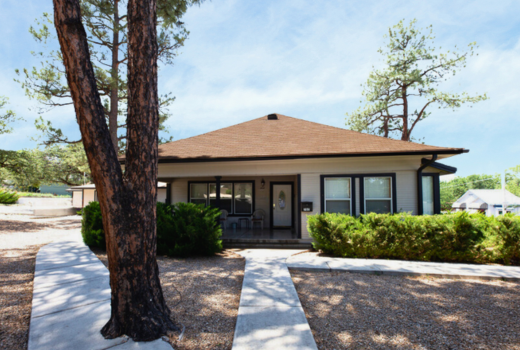
707 W Gurley Street
Prescott, AZ 86305
Residential Treatment, IOP, OP, Sober Living | Female Only Programming
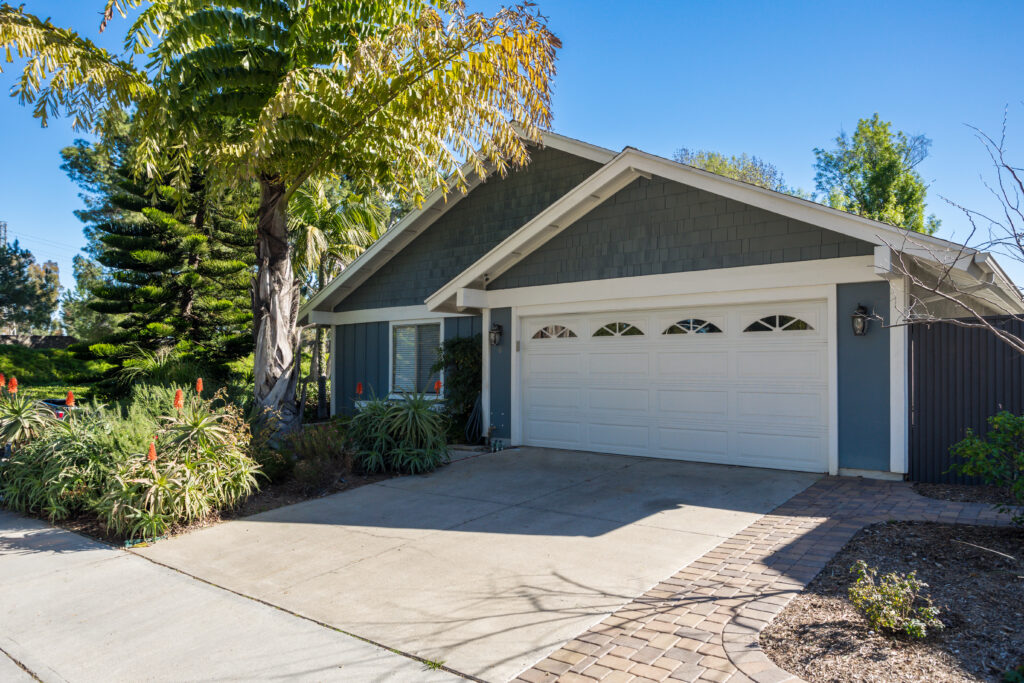
6 Banyan Tree Drive
Irvine, CA 92612
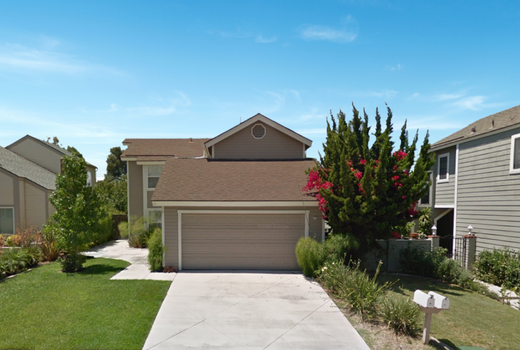
51 Cape Cod
Irvine, CA 92620
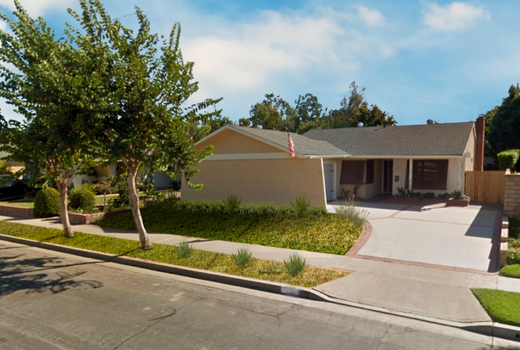
559 Pierpont Drive
Costa Mesa, CA 92626
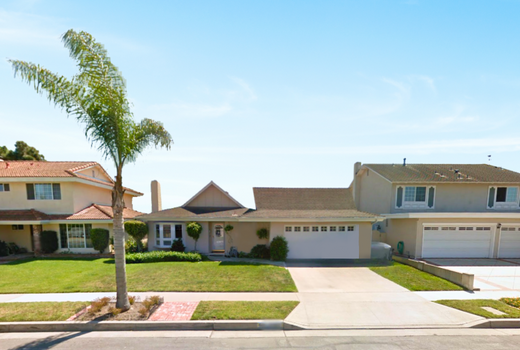
5302 Kenilworth Drive
Huntington Beach
CA 92649

4960 Vanalden Ave
Tarzana, CA 91356

22766 Saddle Peak Rd
Topanga, CA 90290

7212 Birdview Ave
Malibu, CA 90265
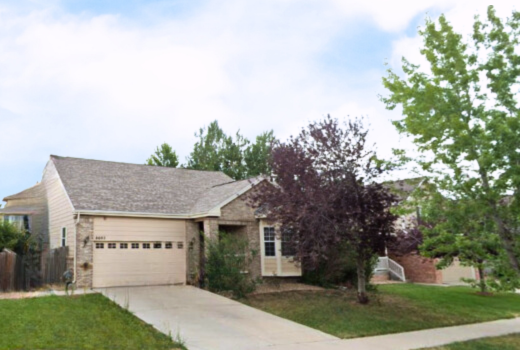
2602 S. Ensenada Way
Aurora, CO 80013
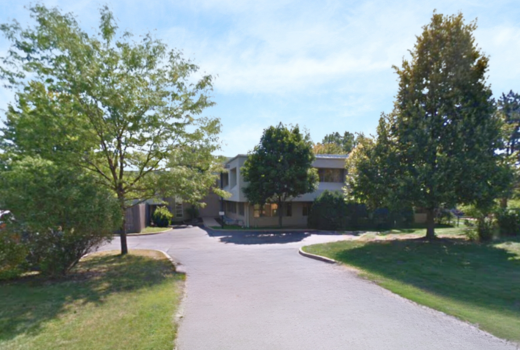
411 W River Rd
Elgin, IL 60123
Detox, Residential, PHP, IOP, & OP | LGBTQIA & Trauma-Informed Care
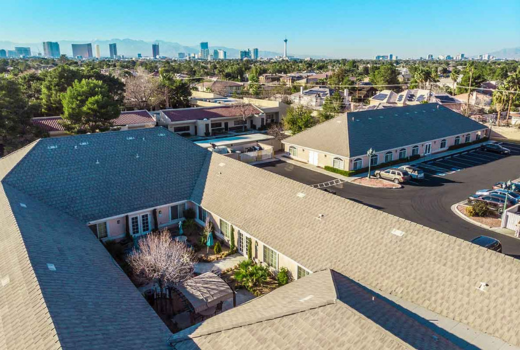
4011 McLeod Drive
Las Vegas, NV 89121
Detox, Residential, PHP, IOP, & OP | Chronic Pain Track & Veterans Program
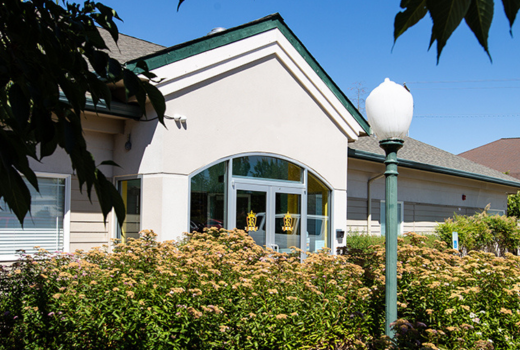
8649 Martin Way SE
Lacey, WA 98516
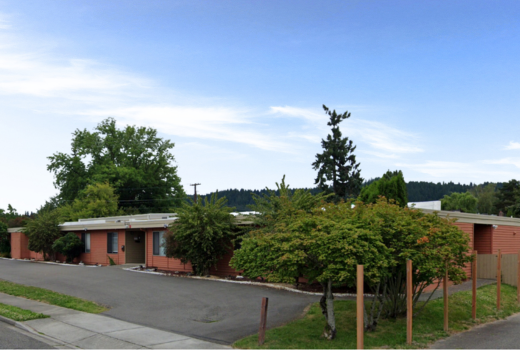
1723 Bonney Ave
Sumner, WA 98390
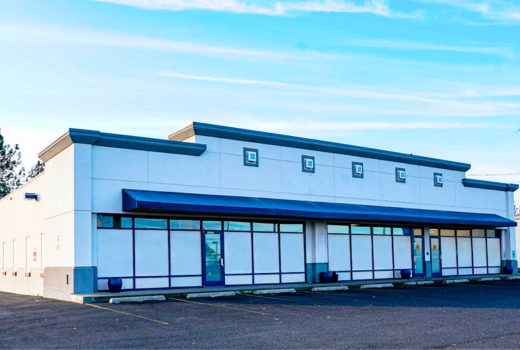
524 E Francis Ave
Spokane, WA 99208
We’re here to answer any of your questions about treatment options near you. Give us a call today at 888-973-2078.
Insert resources here
"*" indicates required fields
For Immediate Help Call: 888-973-2078
Aliya Health Group is a comprehensive network of addiction and mental health treatment centers, with locations spanning nationwide.
We are driven by our commitment to empower individuals, families, and the community by providing education, tools, and support, to help them lead healthy, fulfilling lives in recovery.
Our admissions team is available 24 hours a day, 7 days a week, 365 days a year.






